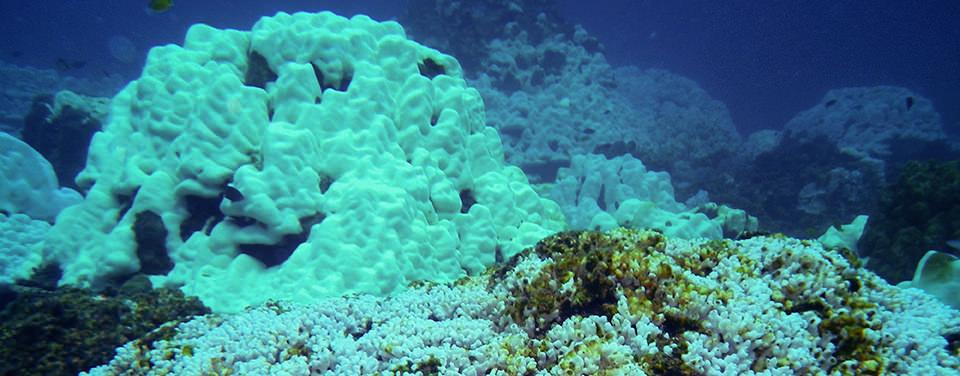 An official website of the United States government.
Here's how you know we're official.
An official website of the United States government.
Here's how you know we're official.
Official websites use .gov
A .gov website belongs to an official government organization in the United States.
Secure websites use HTTPS
A small lock or https:// means you’ve safely connected to a .gov website. Share sensitive information only on official, secure websites.

